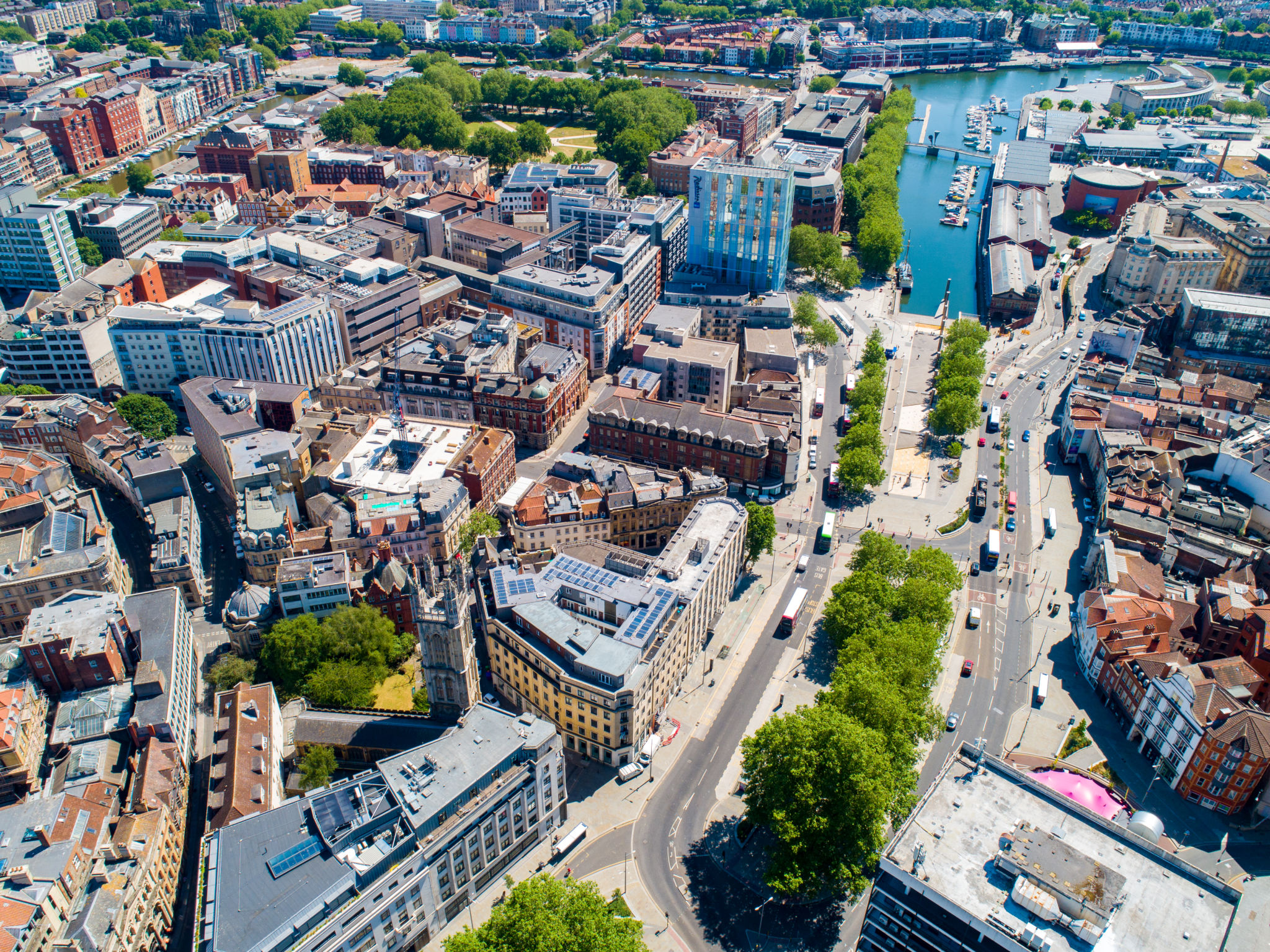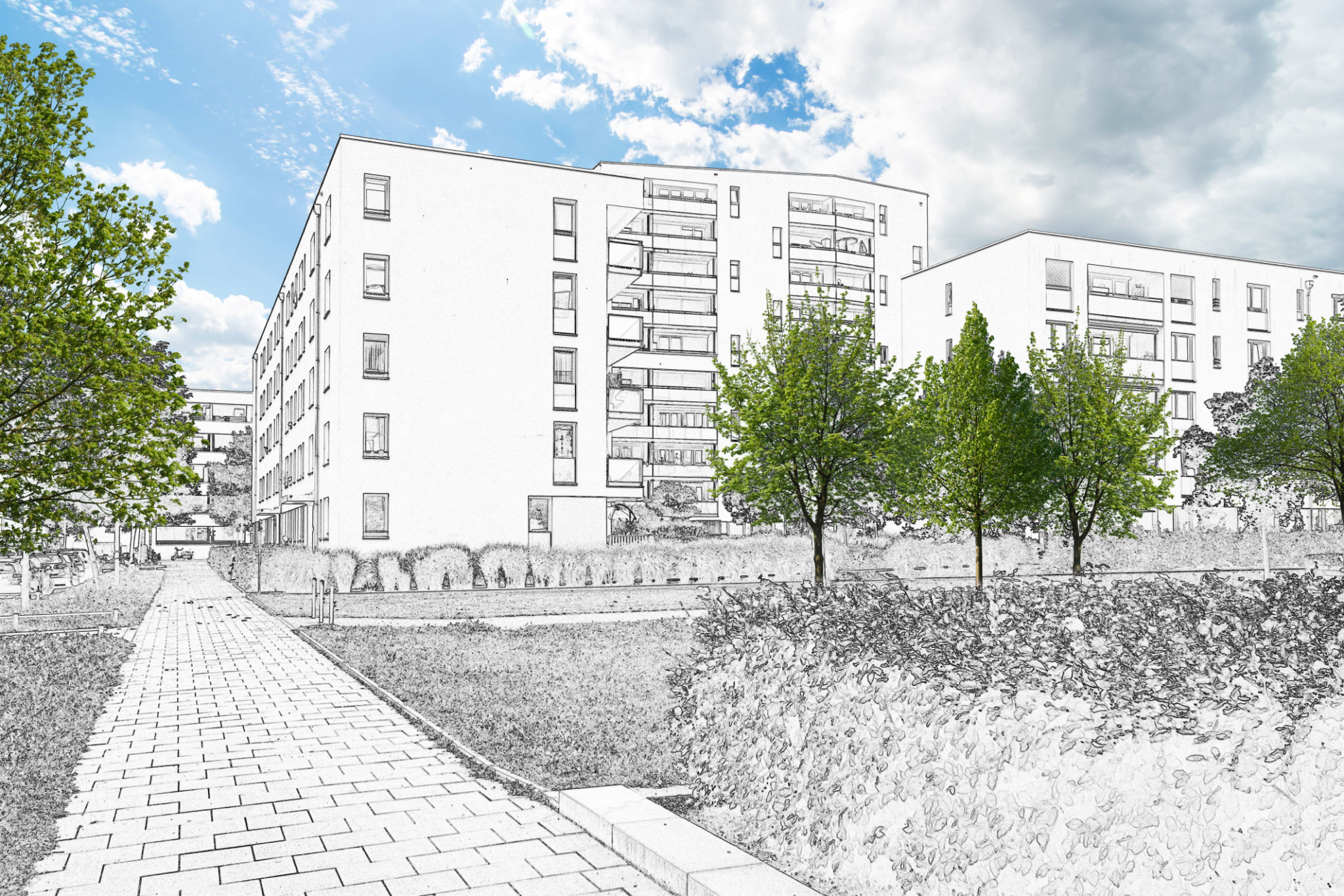Comparing Smart City Solutions in the UK: Which One Is Right for Your City?
Understanding Smart City Solutions
As cities around the world strive to become more efficient and enhance the quality of life for their citizens, smart city solutions have emerged as pivotal tools in this transformation. In the UK, numerous smart city initiatives are being deployed to address urban challenges such as traffic congestion, energy consumption, and public safety. These solutions harness cutting-edge technologies to create more sustainable and connected urban environments.

Key Features of Smart City Solutions
Smart city solutions typically involve the integration of Internet of Things (IoT) devices, data analytics, and digital platforms to monitor and manage urban resources. Key features include:
- Intelligent Transportation Systems: These systems aim to reduce traffic congestion through real-time data and adaptive traffic signals.
- Energy Management: Solutions focus on optimizing energy use through smart grids and renewable energy sources.
- Public Safety: Technologies such as CCTV, sensors, and AI help in crime prevention and emergency response.
Comparing Leading Smart City Initiatives in the UK
The UK is home to several pioneering smart city projects, each tailored to address specific urban challenges. Let's explore some of the most notable ones:
Bristol's Smart City Approach
Bristol is often hailed as one of the UK's leading smart cities, thanks to its holistic approach that combines community engagement with technology. The Bristol Is Open project focuses on creating an open programmable city where transportation, energy, and health services are interconnected. This initiative emphasizes collaborative innovation with partners from academia, industry, and the public sector.

London's Smart Initiatives
London aims to be the smartest city in the world by leveraging data to improve urban living. The city's smart initiatives include the deployment of smart streetlights, air quality sensors, and digital infrastructure that supports 5G connectivity. These projects are designed to enhance the capital's sustainability and livability while maintaining its status as a global economic hub.
Choosing the Right Solution for Your City
Selecting the right smart city solution depends on several factors, including your city's specific needs, budget constraints, and long-term goals. Here are some considerations to keep in mind:
- Identify Key Challenges: Determine which issues—such as traffic congestion or energy waste—are most pressing in your city.
- Budget and Resources: Understand your financial limits and resource availability for implementing smart technologies.
- Stakeholder Engagement: Engage with local communities, businesses, and government bodies to ensure collaborative planning and execution.

The Future of Smart Cities in the UK
The evolution of smart cities in the UK is set to continue as technologies advance and urban challenges become more complex. Future developments may include further integration of AI, machine learning, and blockchain technologies to enhance transparency and efficiency. As cities become smarter, it is critical that they remain inclusive, ensuring that all residents benefit from technological advancements.
In conclusion, while each city's path to becoming a smart city will differ, the common goal remains the same: to improve quality of life through innovative and sustainable solutions. By carefully assessing needs and opportunities, UK cities can tailor their strategies to become more resilient and better equipped for future challenges.
